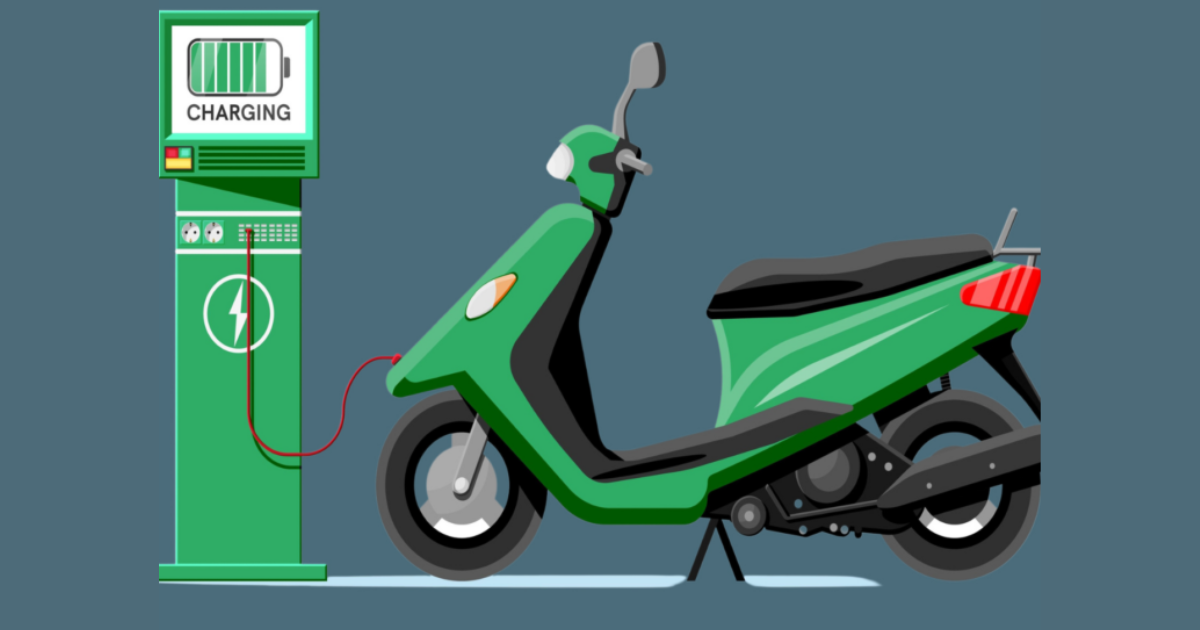Amidst ongoing scrutiny of two-wheeler electric vehicle (EV) manufacturers for misappropriation of subsidies under the Faster Adoption and Manufacturing of Electric Vehicles (FAME-II) scheme, the Indian government is reportedly considering a reduction in per vehicle subsidies for two-wheeler EVs. A consensus was reached during a meeting with stakeholders of 24 electric two-wheeler original equipment manufacturers (OEMs) registered under the FAME-II scheme.
According to reports, it was agreed to maintain the demand incentive at INR 10,000 per kWh of battery capacity for two-wheeler EVs. However, the subsidy would be reduced from 40% to 15% of the ex-factory price of the vehicle. Additionally, the government aims to increase the allocation for two-wheeler EVs under the INR 10,000 crore scheme to INR 3,500 crore by utilizing unutilized subsidies earmarked for three-wheeler and four-wheeler EVs.
No decision has been made regarding the extension of the FAME-II scheme, which is set to end in March 2024. The proposed changes will be presented before the Programme Implementation and Steering Committee (PISC) for consideration.
Union Minister of Heavy Industries, Mahendra Nath Pandey, emphasized the government’s commitment to supporting the electric vehicle industry to ensure sustainable growth and reduce carbon emissions. However, industry experts, such as Nehal Gupta, director of EV financing startup AMU Leasing, expressed concerns about the potential reduction in subsidies. Gupta highlighted the importance of maintaining the affordability of electric two-wheelers and urged the government to evaluate the impact of subsidy reductions.
Despite potential price implications, Sushant Kumar, founder of AMO Mobility, welcomed the increase in the outlay for two-wheelers, as it would benefit a larger number of customers. Kumar expressed confidence in overcoming the challenges through innovation and operational efficiency.
The uncertainty surrounding the FAME-II scheme and ongoing investigations into subsidy misappropriation have impacted the two-wheeler EV market. In April, registrations of two-wheeler EVs declined by around 23% compared to March. In light of this, a parliamentary committee recommended extending the second phase of the FAME scheme to prevent significant price escalation in EVs if government support is removed.
As the government considers subsidy reductions, industry players are urging a balanced approach that supports the affordability and accessibility of electric two-wheelers, while promoting the growth of electric mobility in India.



![[CITYPNG.COM]White Google Play PlayStore Logo – 1500×1500](https://startupnews.fyi/wp-content/uploads/2025/08/CITYPNG.COMWhite-Google-Play-PlayStore-Logo-1500x1500-1-630x630.png)